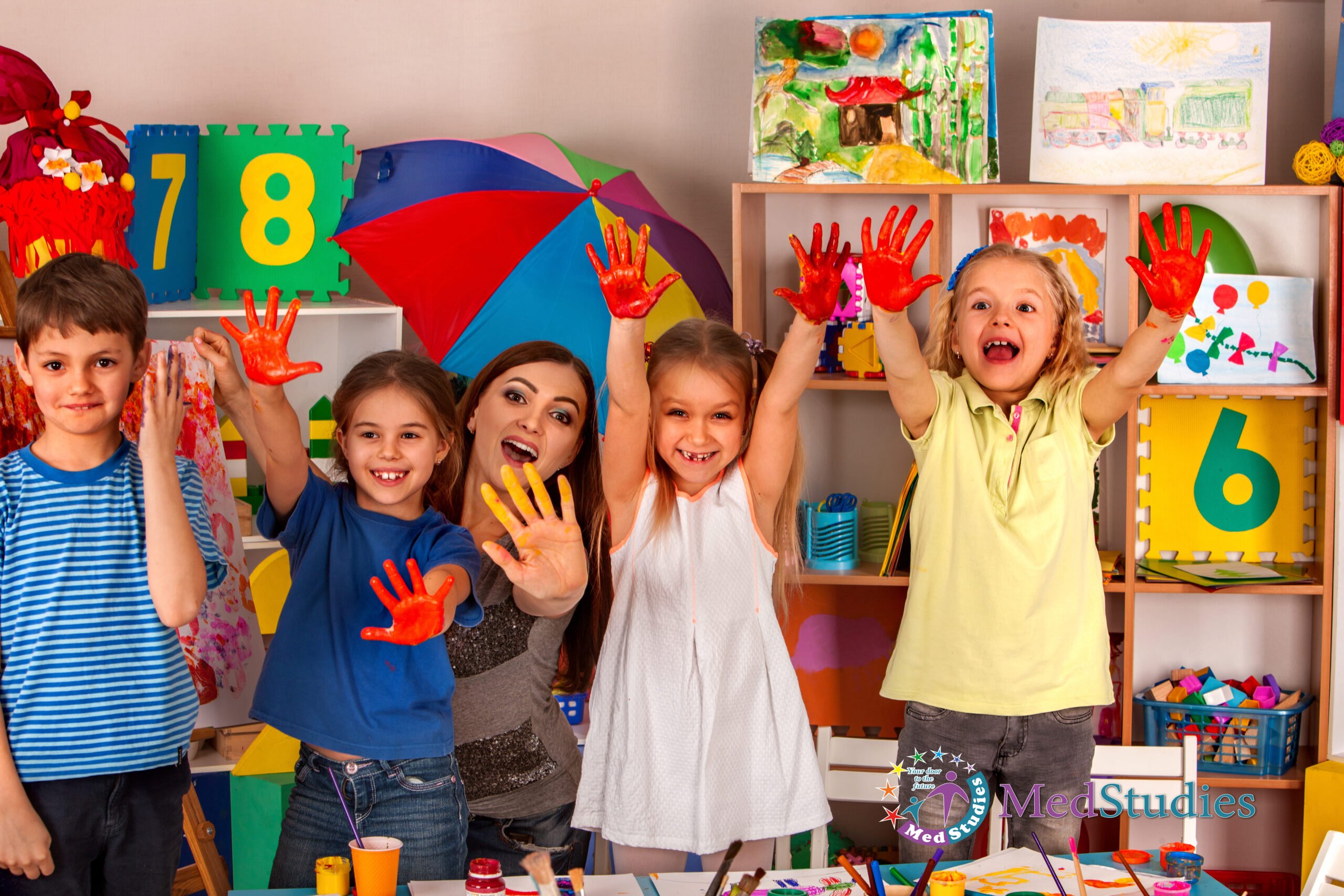
Build Social Skills In Kids- Post-Pandemic.
In the past, kids would enjoy a two-month summer vacation before returning to school. But that hasn’t been the case for a while. Everyone’s lives were affected by the coronavirus pandemic.
But children were particularly affected because they are returning to school after almost two years without participating in classes where they are physically present.
HOW SOCIAL SKILLS IN CHILDREN WERE AFFECTED DURING THE PANDEMIC
In addition to the disruptions at school, many families chose to avoid enrolling their kids in extracurricular activities over the past two years, including playdates, birthday parties, playground time, and more.
Sadly, this has had an effect on kids’ social abilities. They are accustomed to the new normal and are okay with minimal physical contact. But as schools are resuming, it’s crucial to ease kids into social engagement.
Many parents have remarked on how challenging it was to explain to their kids why they wouldn’t see their friends, attend school, visit parks and other recreational facilities, etc. These children had no idea why there were so many changes being made.
So, being informed what they needed to do left them feeling quite confused. Younger children have surely experienced tremendous anxious anguish as a result of this uncertainty.
Kids also rely on play and social interaction, especially to communicate. For children, play is a sort of language. As a result, kids have had fewer chances to interact socially and mature.
Due to their inability to practice socialisation, many kids have regressed in their social fluency, which puts them at risk for developmental delays. As a result, communication skills have also regressed in our kids.
Here are a few things parents can do to build social skills in their children:
1. ASSURANCE
As parents, you should try to comprehend their circumstances and have conversations about how it’s a smart idea to go back to school again.
You could also reassure them that you are there for them during this difficult adjustment and that you will support them.
2. SOCIAL INTERACTIONS
Encourage your kids to engage in social interactions before the school year starts. Playdates can be arranged with your child’s classmates.
Additionally, you can schedule a few daily fun activities or sign them up for any outdoor group activity. When they return to school, they will feel more connected and self-assured.
3. RECOGNISE CUES
Parents need to educate their kid’s appropriate ways to express their wants and feelings.
You can aid their comprehension of verbal and nonverbal cues and jog their memory of how kids their age interact socially.
4. COMMUNICATE
Talk to your child and let them know that school will soon start. Get back into the school routine gradually a week before classes begin.
You can also decide on a screen curfew, a regular bedtime, and an early rise time.
5. SEEK HELP
It would be a good idea to let the school know in advance if your child is experiencing such high levels of anxiety that you believe it could be difficult for them to return to school.
You can seek the help of the school staff in such a situation or also consult your trusted pediatrician, who will guide you to the right counsellor.
By: Dr. Amrit Das